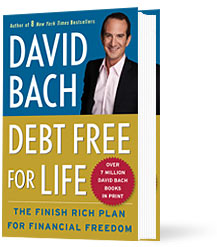 |
| US Home Prices Rose in October 2012 Over Last Year |
While this is certainly exciting news, I would like to take a
moment to discuss the true meaning of this trend, the investment opportunities
it affords, and the risks involved. While some may consider steady increases in
home prices to be "growth" in the housing market, this is more
accurately a shift in buying patterns, the same way that the so-called
"housing crash" was merely a shift.
There is a gem of wisdom here for all would-be real-estate
investors: People always need housing, and they will always find a way to
secure a roof over their families' heads. To think of the real-estate
"crash" of 2008-2009 as a true crash is to believe that families who
lost their homes in foreclosure simply started living on the streets, or that
homeless shelters were suddenly overflowing at night with those who work by day. This is
simply not the case. The very nature of the housing market -- the fact that it
provides homes to people -- guarantees that there can never truly be
a total crash in this market.
Think about what really happened during the crash -- it was
new home sales and existing home prices that plummeted. Because of this, anyone
invested in rental houses or apartment complexes did very well. When people
lose their homes to foreclosure, they immediately look to rental housing or
multi-family living situations. A contraction in one part of the real-estate
market necessarily leads to an expansion in another.
With that in mind -- what is the true meaning of the 4%
year-over-year increase in home prices? It means that the booming rental market
is contracting, and the new/existing owned-home market is expanding. Savvy
investors will be looking to shift their money accordingly, and will keep their
eyes open for the next shift back towards rental properties, which may come as a result of automatic tax increases and spending cuts set to come into effect in 2013 if Congress and the President cannot avert the Fiscal Cliff.
Standard & Poors / Case-Schiller Home Price Indexes
http://www.standardandpoors.com/indices/sp-case-shiller-home-price-indices/en/us/?indexId=spusa-cashpidff--p-us----

